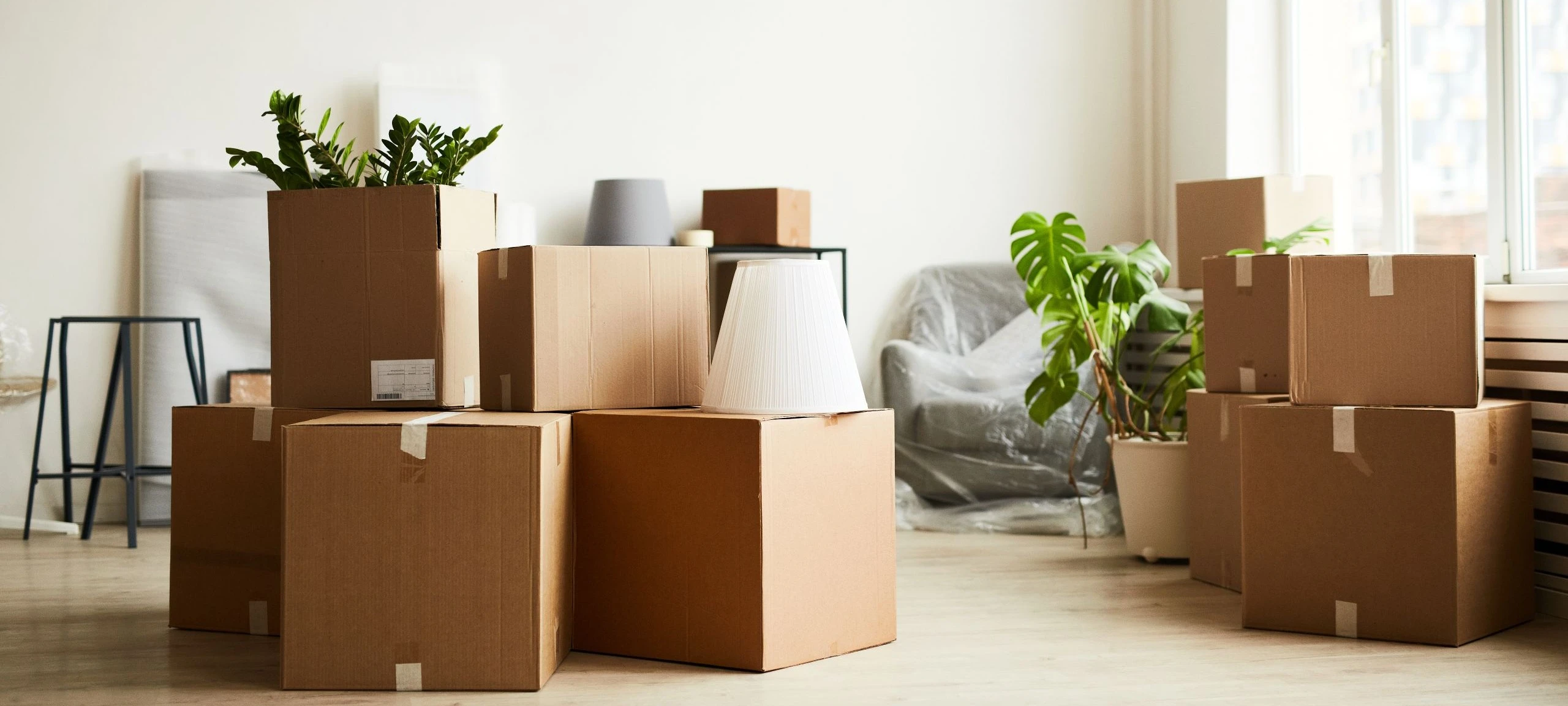Preparing for Your Move: A Helpful Guide
Moving to a new home can be both exciting and overwhelming. A well-organized approach will help ensure your transition is as smooth as possible. This comprehensive guide covers everything you need to know before, during, and after your move.
Address Updates and Notifications
Change Your Official Address
Update your mailing address through USPS.com or by completing a change-of-address form at your local post office. This service will forward your mail to your new location for a specified period, giving you time to update your address with individual senders.
Notify Service Providers
Contact all important service providers to update your address information. This includes:
- Banking institutions and credit card companies
- Insurance providers (health, auto, renters/homeowners)
- Investment accounts and retirement plans
- Subscription services and magazine subscriptions
- Online shopping accounts
- Loan providers and mortgage companies
Create a Comprehensive Contact List
Develop a master list of everyone who needs your updated address information. Consider organizing contacts into categories:
- Family and friends
- Professional contacts and colleagues
- Healthcare providers
- Government agencies (DMV, tax authorities, voter registration)
- Children's schools and activities
- Membership organizations
Utility Management
Schedule Service Transfers
Contact all utility companies well in advance of your move date:
- Electricity and gas
- Water and sewer
- Internet and cable
- Phone service
- Trash and recycling
- Home security systems
Provide them with both your move-out date for your current residence and your move-in date for your new home. If you're relocating to an area served by different providers, research new options and schedule installation appointments early.
Insurance Considerations
Review Moving Coverage
Understand the limitations of your moving company's insurance. Their coverage typically only applies to items they physically transport. For a comprehensive protection plan:
- Consult with your homeowners/renters insurance provider about coverage during transit
- Consider supplemental moving insurance for valuable items
- Document high-value possessions with photos and detailed descriptions
- Keep important documents and irreplaceable items with you during the move
Appliance Preparation
Prepare Major Appliances
Properly preparing appliances before your move prevents damage and simplifies reinstallation:
- Refrigerator/freezer: Defrost, drain water, clean thoroughly, and secure doors
- Washing machine: Disconnect hoses, drain water completely, and secure drum
- Dryer: Disconnect venting and power, clean lint traps and vents
- Dishwasher: Run an empty cycle with vinegar, disconnect water lines, and secure racks
- Small appliances: Remove loose parts, secure cords, and pack in original boxes if available
Building Considerations
Review Building Regulations
If moving to or from a building with an elevator or common areas:
- Check with HOA or condo board about specific moving regulations
- Reserve elevators if required (many buildings have specific moving elevator policies)
- Confirm loading dock availability and parking restrictions
- Request any necessary permits for moving trucks on private roads
- Arrange for protection of common area floors and walls if required
Essential Supplies
Pack an "Open First" Box
Create a clearly labeled box of essentials that you'll need immediately upon arrival:
- Bathroom essentials: Toilet paper, shower curtain, towels, soap, toiletries, medications
- Kitchen necessities: Paper plates, utensils, cups, water bottles, coffee maker, snacks
- Cleaning supplies: All-purpose cleaner, paper towels, trash bags
- Tools: Box cutter, scissors, screwdriver set, hammer, pliers, measuring tape
- Electronics: Phone chargers, extension cords, basic electronics
- Comfort items: Bedding for the first night, change of clothes, pillows
- Important documents: Moving paperwork, identification, payment methods
Important Records
Gather Critical Documents
Collect important records before moving:
- Medical records and prescription information
- Dental records and treatment history
- Veterinary records and pet vaccination history
- School transcripts and educational records
- Legal documents (birth certificates, marriage licenses, wills, etc.)
- Financial documents and tax records
Safety Planning
Share Your Travel Plans
For safety during your move:
- Email your driving route to a trusted friend or family member
- Share your expected arrival time and planned stops
- Keep emergency contact information easily accessible
- Consider using location sharing on your phone during the journey
- Prepare a basic emergency kit for your vehicle
By following this comprehensive preparation guide, you'll set yourself up for a successful and stress-free moving experience.
Posted by Advantage Real Estate on

Leave A Comment